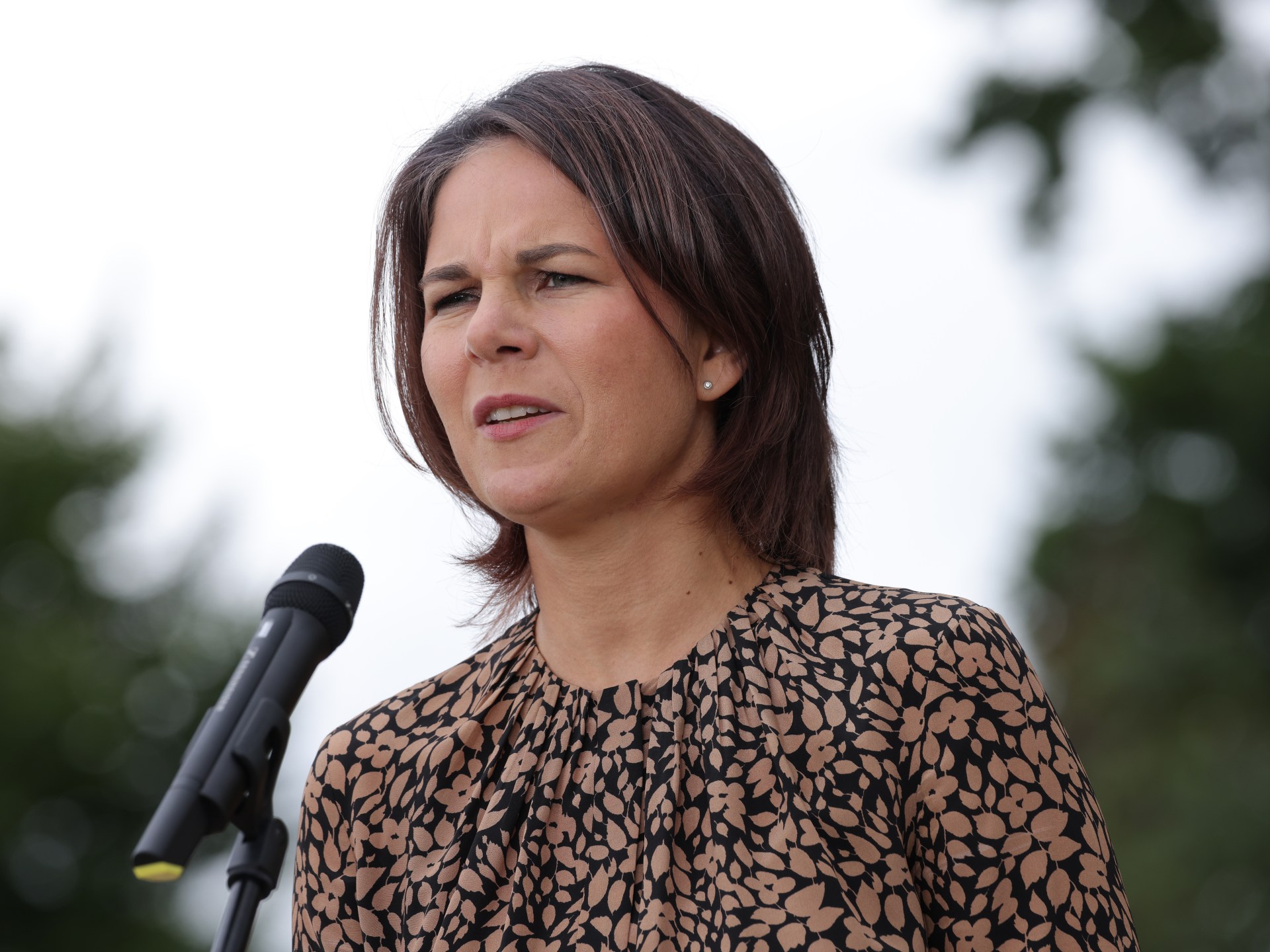The German government proposed, on Tuesday, a settlement of European Union visas granted to Russians, by reducing the visa facilitation agreement, rather than suspending it completely, while the Kremlin promised to respond to any decision to ban the issuance of Schengen visas to Russians.
"I think we can find a good solution in Prague," German Foreign Minister Annalena Birbock said, referring to an informal meeting of European Union foreign ministers in the Czech capital Prague until Wednesday, to discuss the visa agreement with Russia.
The German minister added that the goal should be to bring together the different views within the European Union, and to find a common European solution.
European dispute
At a time when some European Union countries, such as Finland, Poland and the Baltic states, are demanding to stop granting visas to Russian tourists due to the war that their country has waged on Ukraine since the end of last February, other European countries - led by France and Germany - oppose this measure.
Berlin says that banning Schengen visas for Russian citizens "will punish all Russians, and make it difficult to welcome dissidents, students wishing to train abroad or those persecuted by Vladimir Putin's regime".
While some European Union countries, such as Finland, Poland and the Baltic states, are demanding to stop granting visas to Russian tourists due to the Russian war on Ukraine, other European countries - led by France and Germany - oppose this measure.
"We caution against over-imposing restrictions on our visa policy, in order to prevent the strengthening of the Russian narrative, and to create an unintentionally hostile policy that will alienate new generations," France and Germany said in a joint document.
Ukrainian Foreign Minister Dmytro Kuleba quickly dismissed the argument that traveling to the West might change the minds of Russians, saying that Moscow had fought a short war with Georgia and annexed Ukraine's Crimea peninsula since it obtained easier visas to the European Union in 2007.
Estonia decided earlier not to allow Russians to enter its territory via Schengen visas, while Latvia restricted the issuance of visas for Russians to enter its territory.
The position of the Kremlin
On the other hand, Kremlin spokesman Dmitry Peskov said today, Tuesday, that the decision to ban the issuance of Schengen visas to Russian citizens is very dangerous if taken, and Peskov added that this step, if taken, would be directed directly against citizens, and could not remain unanswered by Moscow "in proportion to the with the interests of its citizens.
Since the beginning of the war on Ukraine, the European Union has partially suspended the facilities for granting short-term visas to some associated with the Russian state (official delegates, holders of diplomatic passports, company directors...).
These facilities were approved as part of an agreement reached between the European Union and Russia in 2007.
In 2021, 26 Schengen countries (22 EU countries, plus Norway, Iceland, Switzerland and Liechtenstein) received 3 million applications for short-stay visas (90 days) in all categories (tourism, studies, business trips...), and they were The most numerous requests from Russians (536 thousand).

